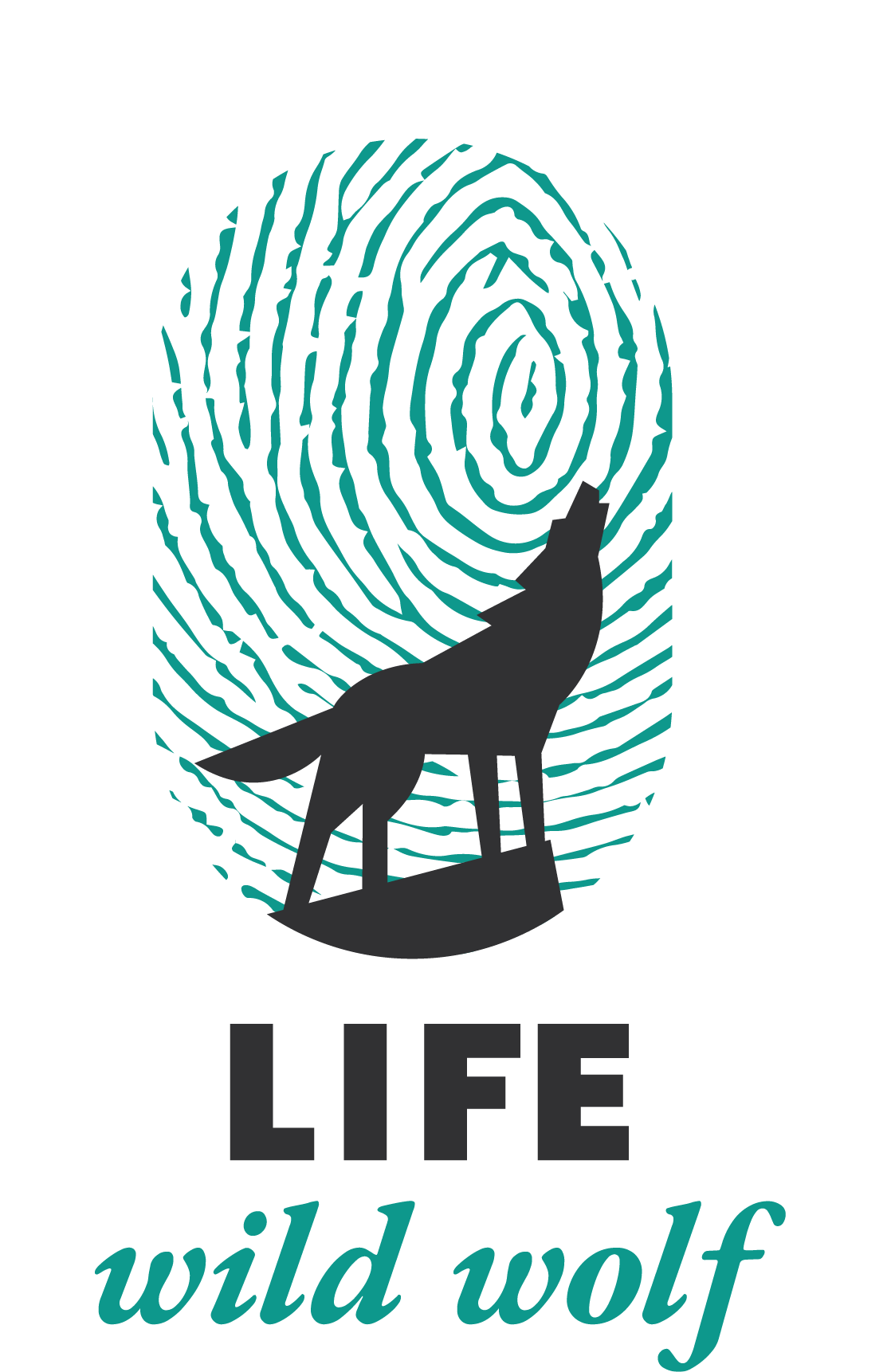
Aiming to a balanced long term conservation of wolves, by managing potentially critical situations that arise in human dominated landscapes of Europe
Life Wild Wolf
The Project
LIFE WILD WOLF aim at improving the technical capacity of relevant authorities to manage and prevent human-related conflicts by encouraging practices that keep the wolf’s wild nature and improve people’s ability to cope with their unexpected presence.
We will develop a series of integrated science-practice-management actions to better understand and prevent or mitigate conflicts across eight European countries and through the collaboration of 18 partners that include research institutions, management authorities and NGOs.
The project started in January 2023 and will last for 4.5 years. We will implement actions along the main following lines:
• Definition of wolves behavioural patterns in human dominated landscapes
• Identification of main drivers for wolf habituation and definition of best management intervention to neutralise them for avoiding wolf permanent presence in human settlements
• Description of eventual patterns for wolf depredation on dogs and testing of protective devices
• Technical training of relevant authorities in communication, monitoring and management of wolf presence in human settlements
Project Implementation Areas
Project Partners
Project Main Actions
Project Information
The LIFE WILD WOLF project (LIFE21-NAT-IT-LIFE WILD WOLF/101074417) aims to focus on the reduction of problematic situations that can arise in urban and semi-urban areas by the wolf presence and to contribute effectively to the mitigation of human-wolf conflicts by using scientific methods. The project aims to maintain the wolf species wild and take measures regarding the bold behavior and the encounters of the species in urban areas. The project will operate in eight EU countries: Croatia, Czech Republic, Germany, Greece, Italy, Portugal, Slovenia and Sweden.
The project, co-funded within the EU LIFE programme, enjoys a multidisciplinary team of 18 partners, including universities & research institutions, national and local management authorities, environmental NGOs, and hunting associations from nine EU countries. It started in January 2023 and will last for 4,5 years.
Project budget
7,028,148€ (EU contribution: 5,265,454€)










